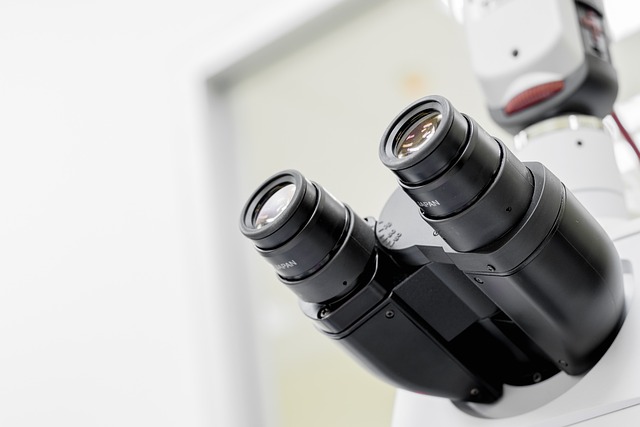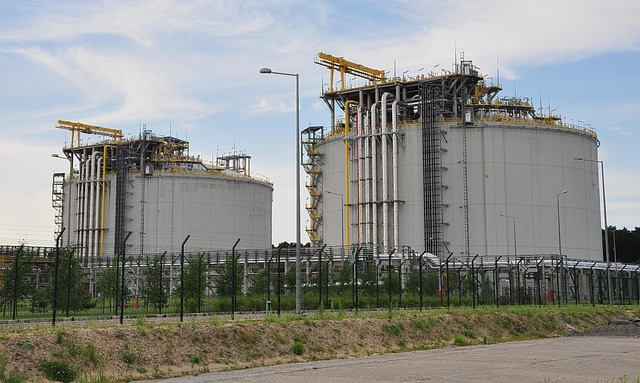
Revolutionizing Employer Brand: How Science and Technology are Shaping Workplace Culture
In today’s rapidly evolving business landscape, the term employer brand has transcended traditional recruitment strategies, becoming a vital aspect of an organization’s identity. The revolution in workplace culture is largely driven by advancements in science and technology, paving the way for organizations to not only attract top talent but also retain and engage them effectively.
One of the most compelling aspects of this transformation is how data science is utilized to shape perceptions about an employer. By utilizing sophisticated data analytics, businesses can understand employee sentiments in real-time. Tools powered by artificial intelligence sift through employee feedback, engagement surveys, and social media mentions to provide insights into the workplace atmosphere. This data-driven approach enables leaders to identify areas for improvement in their employer brand, ensuring a more inclusive and diverse workplace culture.
Innovative technologies also play a significant role in redefining the employee experience. Virtual reality (VR) and augmented reality (AR) are being leveraged to create immersive onboarding experiences, helping new hires acclimate to a company’s culture before their first day. Such technological integrations not only engage employees from the start but also showcase a company’s commitment to innovation, further enhancing their employer brand.
Another fascinating trend is the rise of remote work technology, spurred on by the pandemic. Companies implementing flexible work arrangements have found that it significantly boosts their attractiveness as employers. Through collaboration tools like Slack, Microsoft Teams, and Zoom, employees have the flexibility to work from anywhere, fostering a culture of trust and autonomy. In a world where work-life balance is paramount, organizations that embrace this shift tend to build stronger, more resilient employer brands.
Furthermore, science plays an indispensable role in enhancing workplace well-being. By applying behavioral science principles, companies can formulate policies that promote mental health and productivity. Predictive analytics can be utilized to foresee potential burnout, allowing organizations to proactively address employee well-being before it impacts the workplace culture.
As we witness this change, it’s evident that an innovative employer brand goes hand-in-hand with a forward-thinking approach to technology and science. Businesses that see beyond traditional metrics of success are leveraging these tools not only to enhance their operations but also to create a sustainable, positive environment for employees. The integration of science and technology into the fabric of workplace culture has the potential to redefine how we view the employer-employee relationship, turning it into a partnership cultivated through understanding and innovation.



